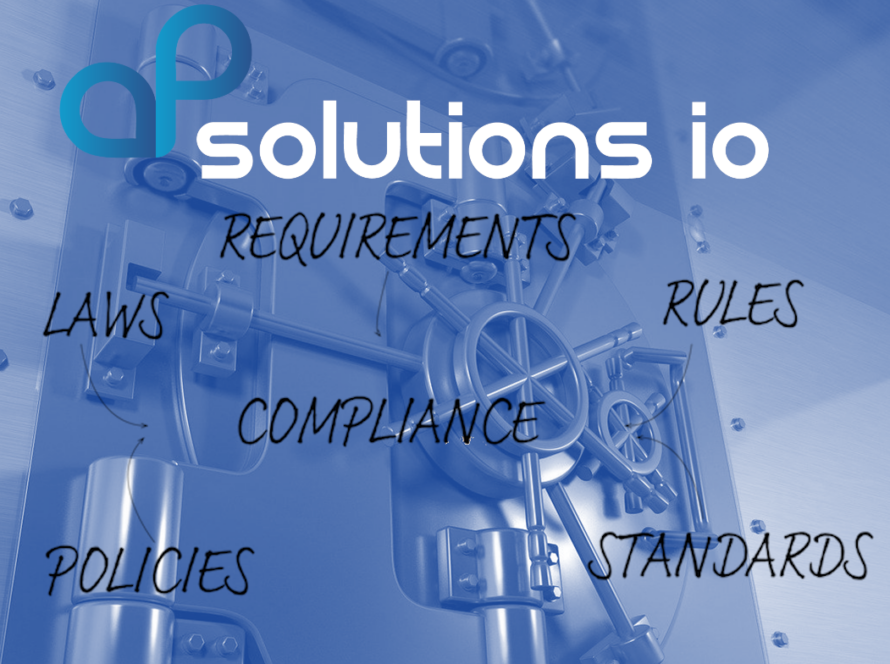How can companies adapt to increasingly stringent KYC regulatory requirements?
KYC (Know Your Customer) regulations are becoming increasingly stringent, requiring companies to step up their efforts. Traceability and explicability are now essential to demonstrate the compliance of actions, from data collection to use. Faced with this regulatory pressure, the challenges are mounting, particularly for ME and SMES. But how can we meet these expectations effectively, without burdening processes or increasing costs? Find out what's at stake, and how you can turn these obligations into strategic assets!
Traceability and explicability: fundamentals for optimal KYC compliance
These procedures are more than just concepts: they are the foundations of rigorous compliance. Understanding their role means preparing to respond effectively to regulators' requirements.
Precise traceability at every stage
Traceability is the art of documenting every action and decision in the KYC process. From the collection of customer data to its use, everything must be clearly and thoroughly recorded. This provides total visibility and enables every step to be traced.
In practice :
- Record data entered during customer integration.
- Archive supporting documents to ensure they are available for inspection.
- Keep a record of actions taken, such as audits or reports.
Traceability also plays a decisive role in the event of an audit or dispute. It enables us to demonstrate that each transaction complies with the rules imposed by regulators. In France, the Monetary and Financial Code requires data to be kept for five years, underlining the importance of this practice.
Making decisions understandable with explainability
Explainability goes further: it ensures that the choices made are clear and justified. Why was a customer accepted or rejected? Why was a transaction blocked? Every decision must be explained, to reinforce transparency and trust.
With the rise of automated systems, this need becomes even more pressing. The algorithms used to analyze risk must be capable of providing explanations. In addition, GDPR requires automated decisions to be comprehensible to data subjects. This includes justification of the criteria applied and the results obtained.
An alliance for proactive compliance
The synergy between traceability and explicability gives companies a decisive advantage. Traceability guarantees an overview of past operations, while explicability highlights the choices made. Together, these concepts ensure proactive compliance and enhance transparency vis-à-vis regulators and customers alike.
By integrating these practices into their core processes, companies can not only avoid sanctions, but also enhance their commitment to responsible, secure data management.
Challenges for companies: increased complexity and demands
Companies of all sizes face increasing challenges in meeting KYC requirements. Lack of resources, rapid regulatory changes: how can they stay compliant without drowning in complexity?
Why is it so difficult for companies?
The challenges vary according to the size and structure of the organization, but the issues are just as pressing.
For large companies
They have to manage colossal volumes of customer data, while guaranteeing impeccable traceability. With decision-making chains often lengthy, coordination between teams becomes a real headache. Implementing appropriate systems also requires significant investment, both financial and human.
For SMES and ME
These companies often have limited resources, both in terms of budget and dedicated personnel. They struggle to keep up with the pace imposed by regulatory changes, and lack high-performance tools. This forces them to juggle legal obligations with operational priorities, a risky combination for their productivity.
For start-ups and micro-businesses
With smaller teams and a need to focus on growth, these structures have even less room for manoeuvre. Investing in sophisticated solutions or recruiting experts remains a challenge, but they still have to meet the same requirements as large organizations.
The limits of traditional tools
Conventional KYC tools exacerbate these difficulties. Too rigid, they are often based on manual, cumbersome and time-consuming processes. Although used by many companies, these systems have major drawbacks:
- High costs: manual procedures increase operating costs.
- Lack of agility: these tools cannot adapt to changing regulatory requirements.
- Risk of errors: poorly entered data or poorly executed processes undermine compliance.
The consequences of inadequate compliance
Poor traceability and explicability expose companies to major risks.
Firstly, financial penalties represent a serious threat. Regulators can impose fines of up to several million euros for non-compliance. These penalties, often accompanied by tighter controls, can take a heavy toll on a company's finances.
Secondly, the company's reputation is directly at stake. A single breach, whether minor or major, can permanently damage a company's image in the eyes of customers, partners and investors. A tarnished reputation is difficult to repair, especially in a competitive sector where trust is essential.
Finally, the absence of solid documentation complicates legal defenses in the event of litigation. Non-compliant companies have difficulty proving their good faith or compliance with regulations, which can lead to costly litigation and long-term consequences for their business.
RegTech solutions to enhance traceability and explicability
RegTech solutions, like those offered by AP Solutions IO, transform KYC management into a fluid, automated process. These modern tools effectively meet the requirements of traceability and explicability, while streamlining the process for companies.
Enhanced traceability thanks to centralized systems
The platforms developed by AP Solutions IO enable you to track every stage of the KYC process with the utmost precision. Every action, from initial verification to data archiving, is recorded in real time. This centralization of information guarantees total transparency and facilitates immediate access to data in the event of an audit. By reducing human error through automation, these systems offer detailed time-stamped tracking, essential for proving compliance during audits.
Explicability facilitated by augmented intelligence
Explainability is a major issue, and AP Scan, AP Solutions IO's flagship tool, is the perfect answer. This tool, based on intelligent algorithms, justifies every decision, from approving a customer to reporting a transaction. These precise justifications enhance transparency and simplify audits, while building lasting trust with partners and regulators.
Greater productivity thanks to automation
Automation, at the heart of RegTech solutions, considerably lightens the load on teams. By limiting repetitive tasks, AP Solutions IO tools enable faster management of KYC processes. Processing times are reduced, teams become more efficient, and companies optimize their human and financial resources.
Robust documentation for legal protection
In the event of an audit, clear, centralized documentation becomes a strategic asset. AP Solutions IO's solutions guarantee strict compliance, while enabling rapid response to regulators. This proactive approach protects companies from financial penalties, while enhancing their commitment to transparent data management.
Modern solutions for compliance and efficiency
In the face of growing KYC requirements, traceability and explicability are essential. They ensure rigorous compliance, while reinforcing transparency and the confidence of regulators and partners.
RegTech solutions, such as AP Solutions IO, provide companies with automated tools to simplify KYC process management, reduce risk and optimize productivity. This combination of efficiency and security becomes a major strategic asset for staying competitive.
What about tomorrow? With the rapid evolution of regulations, anticipating future needs with advanced technologies is no longer an option. It's a winning choice for meeting future challenges and consolidating a leadership position!




1 Comments
Comments are closed.